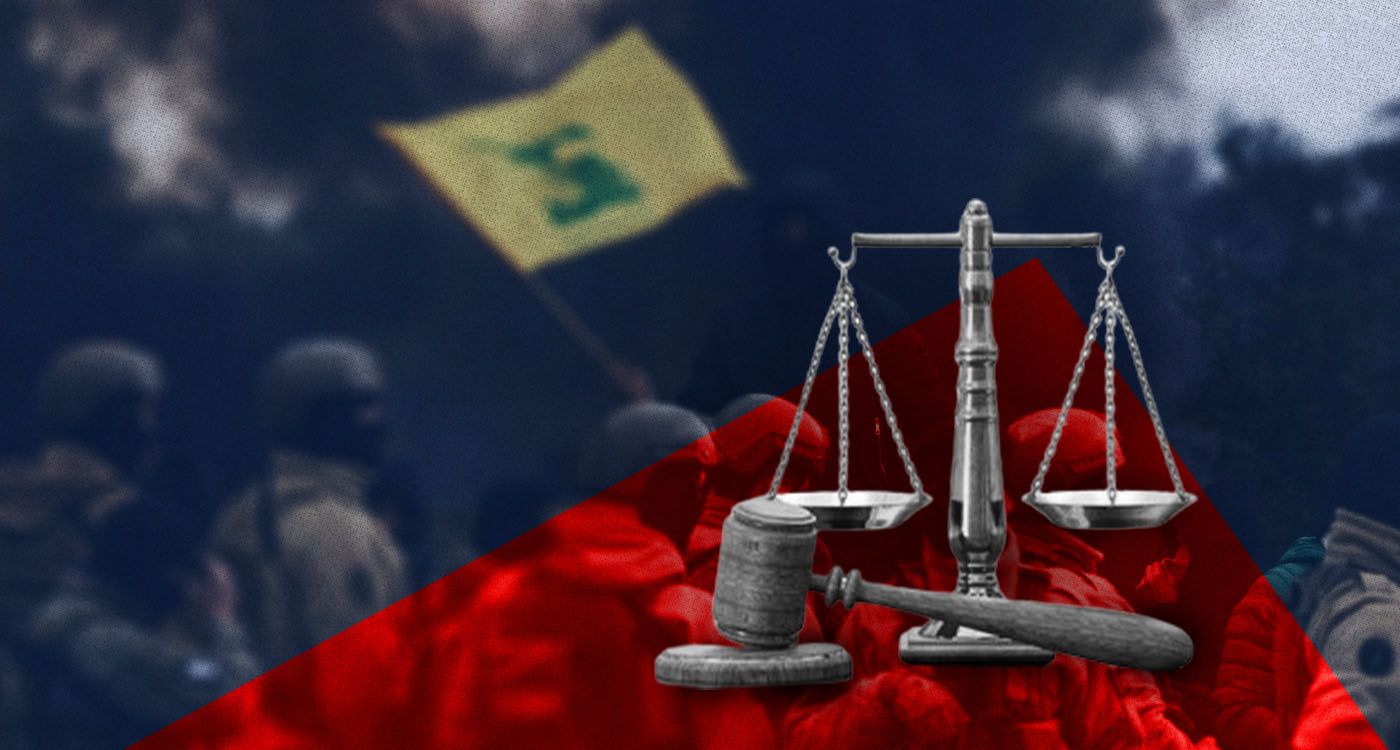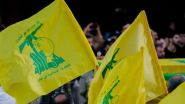
Lebanon’s long-standing dispute over weapons has moved from political debate to decisive state action. Following a landmark Cabinet ruling, Hezbollah’s legal justification for maintaining arms has been revoked, forcing the group to either disarm peacefully or face consequences.
Since the 1989 Taif Agreement, Hezbollah has refused to hand over its weapons to the state, unlike other parties and militias. Confronted with this impasse, Prime Minister Nawaf Salam’s government has mandated that all illegal arms be surrendered by the end of the year, in line with commitments made by President Joseph Aoun during his inauguration. This historic step is widely regarded as essential for Lebanon’s recovery.
Ahead of the Cabinet sessions on August 5 and 7, the Shia ministers proposed limiting the decision to affirming the state’s monopoly on arms without a fixed deadline or endorsing the US disarmament plan. Salam and sovereigntist forces rejected this, insisting that clear deadlines are necessary to ensure the measure’s effectiveness.
Returning from Paris, the Prime Minister pushed to have the decision adopted before August 10, based on a US memorandum aimed at extending and confirming the ceasefire with Israel, with the objective of ending the armed presence of all non-state groups, particularly Hezbollah. During the August 7 session, Shia ministers walked out in protest but pledged to remain within the government.
The Shia bloc requested that a Lebanese version of the plan be adopted—one that prioritizes Israeli withdrawal over disarmament. Hezbollah maintains that any agreement on exclusive state control of arms must be reached through dialogue and framed within a broader defense strategy.
Government sources suggest that the Shia ministers’ walkout was largely a face-saving gesture rather than a signal of escalation, reflecting an awareness of shifting power dynamics. They believe the Shia leadership remains committed to cooperating with the presidency, government and army, despite their criticism of the head of state, whom Hezbollah accuses of pursuing an external agenda.
The same sources add that tensions are expected to ease once key objectives—particularly Israeli withdrawal and the cessation of violations—begin to be implemented.
Summing up the situation, a minister in Salam’s government said, “Lebanon stands at a crossroads—to build a rule-of-law state that serves all or to maintain a system based on force. Those accustomed to the latter must learn to share power and build a genuine partnership grounded in law and equality. Honesty and reconciliation are essential to rebuilding the state.”




Comments